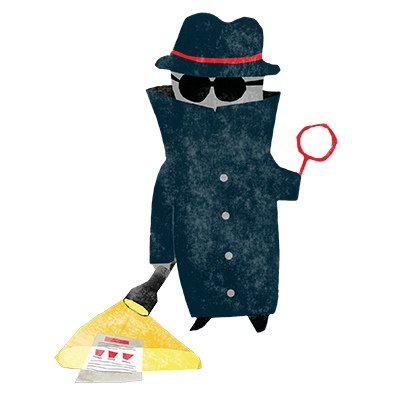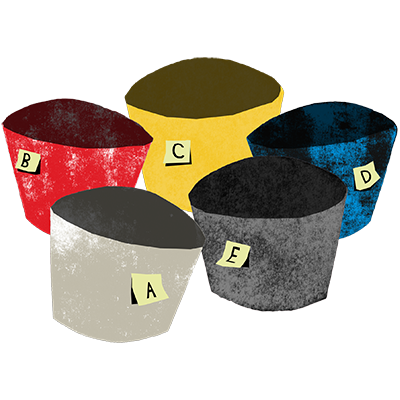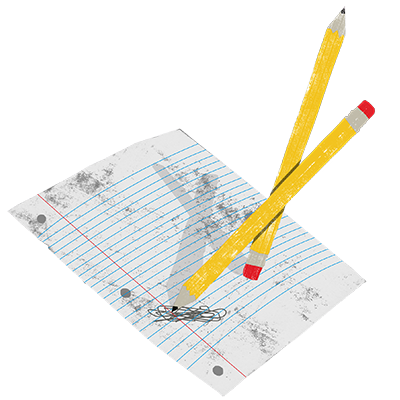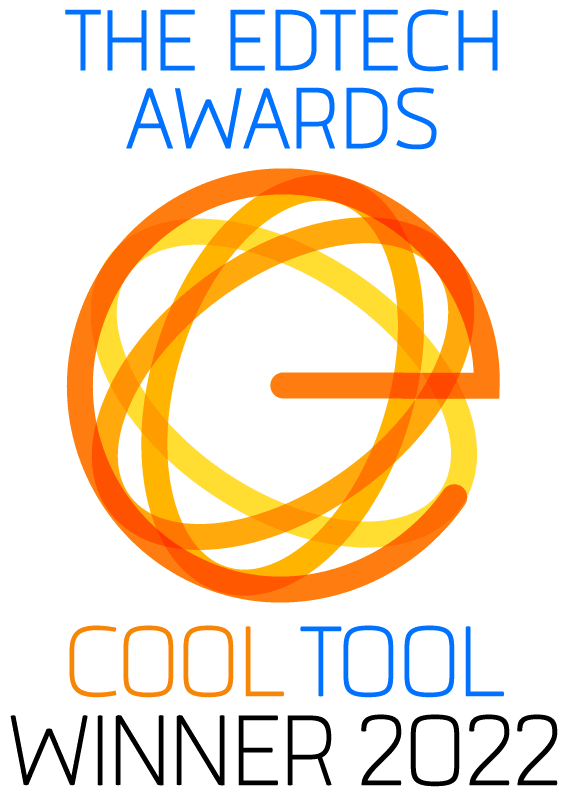The DBQ Project Method™
The DBQ Project 6-Step Method underpins the design of all our DBQs and Mini-Qs. Each step builds on students’ curiosity and increases motivation and confidence to answer a compelling, authentic question.
 |
Step 1: The HookEngages students and orients them to the question. |
 |
Step 2: Background EssayFurther orients students to the question and provides essential context that helps make sense of the documents. |
 |
Step 3: Understanding the QuestionHelps students plan so they can target their investigation of the documents. Clarifying the question motivates students to start reading their sources to find answers. |
 |
Step 4: Document AnalysisIt’s like you’re a detective! The documents provide clues and evidence students need to support their thesis or claim. They provide the knowledge and information students need to answer the question. |
 |
Step 5: Bucketing, Chickenfoot & Thrash-outHelps students get organized. Buckets become containers for evidence that students use to categorize or group evidence from the documents. Students prepare to write by debating or “thrashing-out” their answer to the question. Students practice using evidence from the documents to support and verbally validate their claims. They use what they learn to outline their essays. |
 |
Step 6: The EssayStudents write multi-paragraph, evidence-based essays using their documents, buckets, and outlines to support and explain their reasoning. |
The DBQ Project Method provides a framework of best practices that guides teachers and students to read smart, think straight, and write clearly.
How do you teach a DBQ?
It is much easier to assign a DBQ than to teach one. Using document-based questions as a method of instruction rather than just an exam is at the heart of DBQ’s philosophy.
To master high-level skills, students need high-level instruction.
“What I like about the DBQ project is that it takes this process of historical inquiry and analysis and breaks it down into six manageable steps that you can walk your students through. I have seen teachers become more confident in teaching the writing process because of these steps. Teachers at North East ISD spend time explicitly using scaffolds during document analysis. They think out loud, and model marking the text before students are asked to analyze on their own. As a district, we meet several times a year and use protocols to analyze student writing samples. We monitor to make sure that our students are learning the process from sixth grade through 11th grade.”
– Millicent Reynolds, Director of Social Studies Education, North East ISD (San Antonio)



